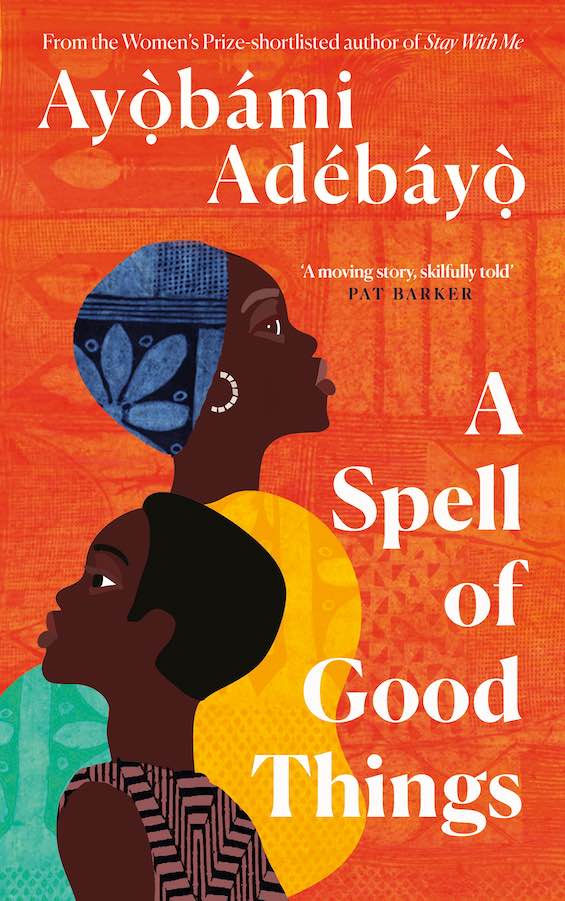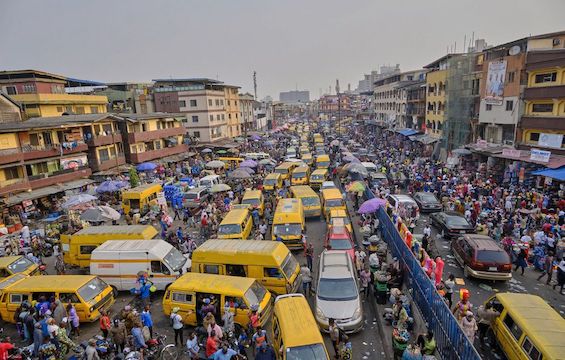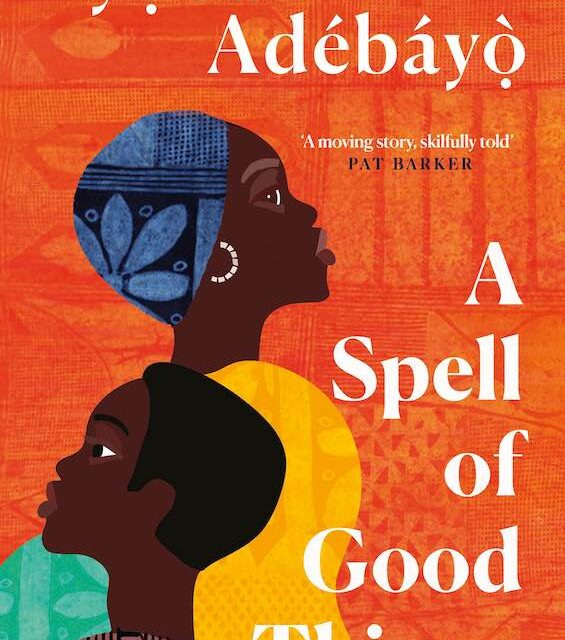
Wuraola is the daughter of a wealthy and privileged medical family in a major provincial Nigerian town. She’s now in her first year of practice as a physician. Her mother, a physician herself, is pressuring her to marry because she is nearing thirty. And Wuraola is, in fact, in love with Kunle, the son of a rising politician. Her parents approve of him because his family is socially prominent and wealthy like them. But she’s just not quite sure she’s ready to give up the freedom that her independence affords her. For any outsider, this might appear to be a trivial problem for a woman with so many advantages in life. But, as we will see, it’s anything but that. Because the tragedy that will strike Wuraola stems from just one of many ugly problems besetting Nigeria today. And Ayobami Adebayo’s moving novel, A Spell of Good Things, brings those problems to light in an artful fashion.
Estimated reading time: 5 minutes
Two characters on a collision course across class lines
Adebayo spins out her tale in chapters that alternate between Wuraola and a tall youngster named Eniola. They couldn’t be more different. He’s a slum boy, unloved by his parents and at the mercy of both the gangs and the police. And when a local political boss recruits Eniola to the gang of thugs he employs, the young man finds himself caught up in something far over his head. The violence he witnesses shocks and terrifies him. And in the process Wuraola’s and Eniola’s lives become intertwined in tragedy.
A Spell of Good Things is a grim story that highlights many of the troubles plaguing Nigeria today. Domestic violence. Police corruption. Rampant discrimination based on ethnicity, language, and religion. Kleptocratic politicians. And the violence that so commonly besets the country’s elections. But it’s hard to imagine finding a novel that so skillfully reveals these challenges.
A Spell of Good Things by Ayọ̀bámi Adébáyọ̀ (2023) 352 pages ★★★★☆

The historical and cultural setting
There had never been a country named Nigeria when the British began to colonize the region in the nineteenth century. In fact, the British only formed the nation of Nigeria in 1914, merging what was then (in their terminology) Northern Nigeria and Southern Nigeria. They disregarded long-established boundaries separating people distinguished by ethnicity, language, and culture. And the British remained in control of the country until 1960, when Nigeria gained its independence as a federation of three regions:
- Northern Nigeria, predominantly Muslim, where most of the people speak Hausa;
- Eastern Nigeria, largely Christian, where Igbo is spoken widely; and
- Western Nigeria, which most people practice indigenous religions and speak Yoruba.
All this despite the fact that English is the country’s official language.
Muslims are the largest religious group, constituting about half the population. Christians account for an estimated forty percent. The remaining ten percent practice a variety of indigenous religions.
But the reality is much more complicated. Nigeria today is a multinational state inhabited by more than 250 ethnic groups speaking 500 distinct languages. And ethnic conflict led to civil war in 1967, when the Igbo-speaking southeast made a bid for independence as the nation of Biafra. The war lasted for two-and-a-half years, causing 100,000 military casualties and as many as two million civilian deaths of starvation. The Nigerian government suppressed the secessionists. But ethnic conflict has continued to manifest itself in the country’s politics, which tends to be a seesawing battle between Muslim and Christian political coalitions.
Nigeria today by the numbers
Nigeria is Africa’s most populous nation by far. More than 220 million people call it home today, according to the latest UN data. By 2050, the country’s population is projected to rise to more than 400 million. That will place it fourth in the world population rankings, just behind the United States. And by 2100, Nigeria is projected to hold as many as 790 million people, placing it second in the world, even ahead of China. Clearly, the country is a population time bomb waiting to happen.
As Wikipedia notes, “On Transparency International’s 2022 Corruption Perceptions Index, Nigeria scored 24 on a scale from 0 (“highly corrupt”) to 100 (“very clean”). When ranked by score, Nigeria placed 150th among the 180 countries in the Index, where the country ranked last is perceived to have the most corrupt public sector.” The political corruption depicted at the local level in Adebayo’s novel is, sadly, typical of the country.
About the author

A Spell of Good Things is Ayọ̀bámi Adébáyọ̀‘s second novel. Her first earned her several literary awards and much critical acclaim. She is also the author of a play. Adebayo holds BA and MA degrees in Literature in English from Obafemi Awolowo University, in Ife, Nigeria. She also has an MA in Creative Writing from the University of East Anglia (UK). Adebayo has also studied writing with Chimamanda Ngozi Adichie and Margaret Atwood. She was born in 1988 in Lagos, Nigeria. She is married to the writer Emmanuel Iduma.
For related reading
You’ll find other great reading at:
- 20 top books about Africa
- Top 10 great popular novels
- Third World poverty and economic development: a reading list
And you can always find my most popular reviews, and the most recent ones, on the Home Page.

























